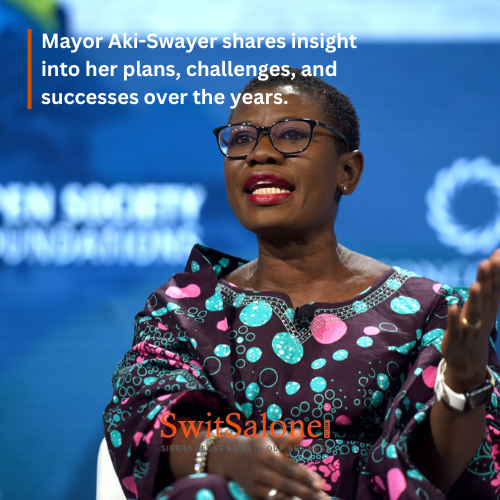
The Mayor of Freetown, Yvonne Akie-Sawyerr OBE, was elected to office in 2018. In 2019 she launched Transform Freetown, a framework which grouped the city’s transformation priorities into four clusters – Resilience, Human Development, Healthy City and Urban Mobility.
She said she was moved to run for office after she witnessed the level of deforestation ongoing in Freetown, and how dysfunctional or nonexistent the city’s waste management system was, while she served as leader of the delivery team of the Post-Ebola Recovery Programme. In this article, she tells SwitSalone how far she has come with this mission, and what have been the holdups in her strides.
Starting off with the successes – made possible by her “clarity of purpose”.
Mayor Akie-Sawyerr said there has been a success story in every sector of Transform Freetown. Under environmental management, she and her team have planted 557,000 trees with funding to complete it to a million, in an unconventional tree-planting campaign known as FreetownTheTreeTown. This, she said, provided over 1,200 jobs in tree monitoring and planting, and empowered young people in organisational and technical skills.
The city was also presented with the innovative climate solutions award by C4OCities in recognition of its use of innovative financial, technological, governance, and legal tools and mechanisms that support the goal of achieving net zero by 2050. More here. Photos here.
Flood mitigation was also introduced in this sector in partnership with and support from the World Bank, UNOPS, Ministry of Health and Sanitation, National Disaster Management Agency and a host of other MDAs and development partners. In this plan, the council used simple, cost-effective methods to present the disapproving impacts of floods which are more recurrent in Freetown than in any other part of Sierra Leone. This included raising awareness on the impact of poor waste management in environments, a rigorous cleaning exercise of disaster-prone areas that lasted over two weeks, and strengthening enforcement to prevent the disposal of waste in gutters, culverts, and waterways.
In Urban planning and housing, she said they have built the systems in readiness despite the challenges that exist herein (which we will talk about later) for when the powers will be devolved to the council.
They are also working with two informal settlements – Cockle Bay and Kolleh town to create a model for upgrading these settlements. The Slum Dwellers Association has a slogan: “Don’t take the people out of the slum, take the slum out of the people. They have another – Upgrade where possible; relocate where necessary – a resounding fact that sometimes they have to move, and in some other instances, the living conditions have to be improved. She said that they are doing geo-studies of the land and mapping to figure out areas that can be upgraded, in a work that is taking them over two and a half years.
In revenue mobilisation, she said there has been a “major major major plus” in the design of the Property Tax Reform – a digital property rate system through which they did a satellite image of the city, and collected data to the extent that they had more data than the National Revenue Authority, and NRA had to buy data from the FCC. This caught international attention, and the IMF African Department wrote in support of it, as did The Economist, in a blog, asking other African cities to follow suit, and the International Centre for Taxation and Development.
In the education sector, Akie-Sawyerr said they have done “a lot” in education through the introduction of minimum expectation standards, mentorship and support given to school leaders.
She furthered that they have provided water for 80 communities, constructed numerous boreholes and wells, and established a robust sanitation value chain ranging from behaviour change to transfers, to collections, to disposals, and recycling. She added that they are at an advanced stage in bringing on board a partner to work with on recycling, adding that the feasibility studies for the landfill that will be funded by the World Bank are underway.
She said they have also been able to secure support from external partners to cushion the financial challenge that they had which was caused by an increase in operational cost as a result of the increase in fuel prices and electricity bills. This helped in retaining the services of the council’s sanitation workers, who, at some point laid down their tools.
The Plans
Her plans are to deliver on specific targets in the next six months. This entails pushing forth for the possible completion of existing projects. Both the cable car system and the informal settlement upgrades will not be completed by June 2024. The sanitary landfill and the Wilberforce market will be completed, she confirmed. 25 kiosks and 15 public toilets are on the way, and may or may not be completed.
What have been her challenges?
Mayor Akie-Sawyerr said the greatest challenge she has faced is the trifling nature of the powers given to the council. She said there is an obvious disconnect between what the laws say and what obtains in practice. Her urban management strategies are being drawn back by the fact that the mandate of building permit issuance was devolved to the land’s ministry instead of the council. Thus, she finds the powers of the council “incredibly limited”.
She highlighted her tripartite approach to problem-solving which involves understanding the problem, understanding what is available to solve the problem, and proffering solutions to the problem, but has not been possible due to the “lacuna” with the laws.
The Message to Freetonians
Mayor Akie-Sawyerr said her message to Freetonians is that people get what they put into the council. With the mandate she has been given, the support of Sierra Leoneans matters the most. In another interview, she said she is ready to work for Freetonians until her last moments in office, and after the elections.
The Ugly
In the midst of all this, we can’t leave out what did not go as expected. As the mayor’s term runs out, there have been criticisms over some unresolved issues. Street trading is ever on the rise, with the dirty gutters at Sanders street, the dustbin placed right in the middle of Lumley market, the temporary dumpsite at Model Secondary School, Circular Road, and a lot more.
In one of Engage Salone’s weekly editorials titled Freetown the Free Town, pointing out the free state of the city, they pointed out that she has been more focused on climate action plans which are important, but she has dropped the basics.
She is still having her time in court for alleged disorderly behaviour, and obstruction of Police duty, just after being asked by the Anti-Corruption Commission to refund an amount of money that was inappropriately spent.
As mentioned by the Engage Salone editorial, both the central government and the council which the mayor heads, have not come together to solve the city’s problems but are “locked in a perennial war”, because of politics.
Social media personality Vickie Remoe’s possible solution to this is that Sierra Leoneans vote for a uniform government in case of the mayoral seat, and the presidency – wherever they choose. This is for the obvious reason that officials from different parties will hardly ever agree on a common goal. Politics would always have the better of them.


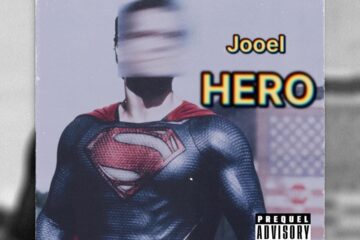

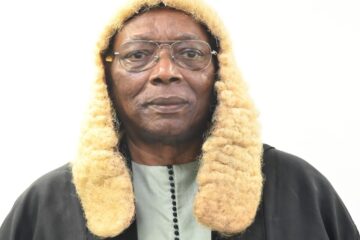

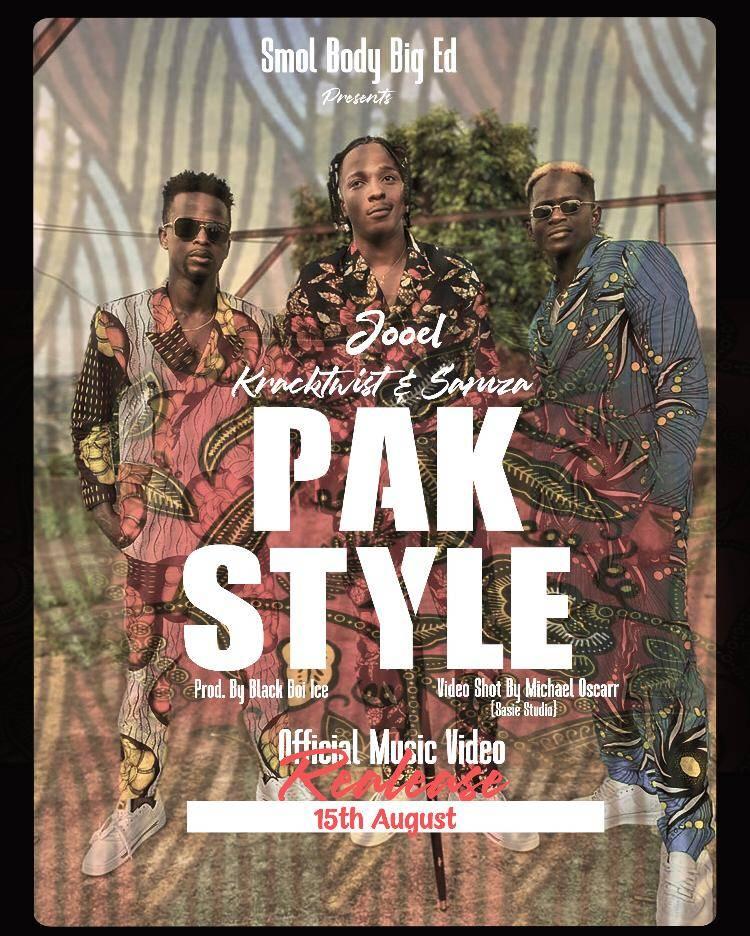
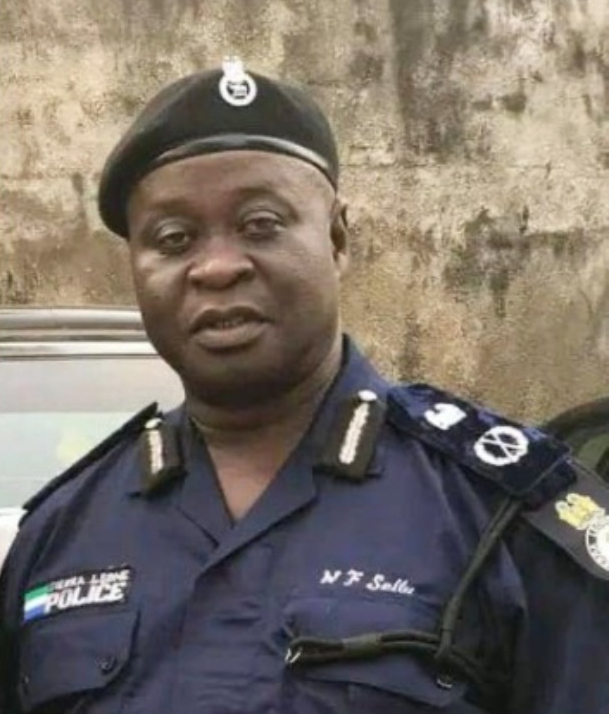



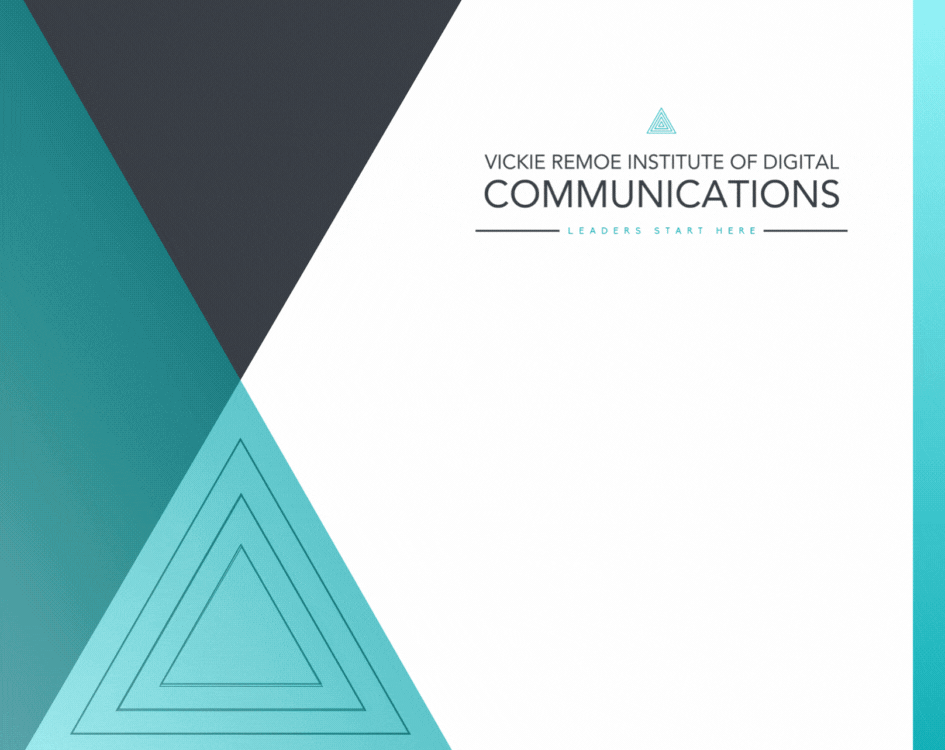

… [Trackback]
[…] Find More on that Topic: switsalone.com/43801_mayor-aki-sawyerrs-successes-challenges-plans-and-message-to-freetonians/ […]
… [Trackback]
[…] Information to that Topic: switsalone.com/43801_mayor-aki-sawyerrs-successes-challenges-plans-and-message-to-freetonians/ […]
… [Trackback]
[…] Read More on to that Topic: switsalone.com/43801_mayor-aki-sawyerrs-successes-challenges-plans-and-message-to-freetonians/ […]
… [Trackback]
[…] Find More on to that Topic: switsalone.com/43801_mayor-aki-sawyerrs-successes-challenges-plans-and-message-to-freetonians/ […]
… [Trackback]
[…] There you will find 33431 additional Info to that Topic: switsalone.com/43801_mayor-aki-sawyerrs-successes-challenges-plans-and-message-to-freetonians/ […]